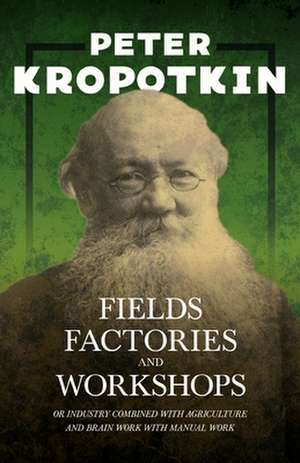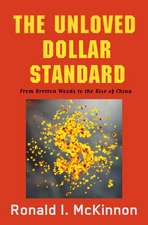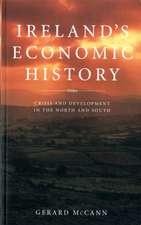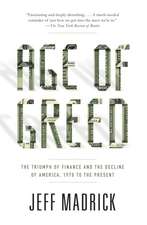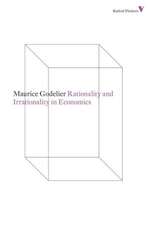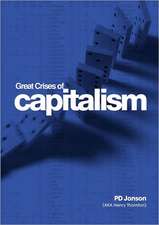Fields, Factories, and Workshops; Or, Industry Combined with Agriculture and Brain Work with Manual Work: A Meditative Commentary
Autor P. Kropotkinen Limba Engleză Paperback – 28 feb 2008
Preț: 247.85 lei
Nou
Puncte Express: 372
Preț estimativ în valută:
47.43€ • 49.62$ • 39.40£
47.43€ • 49.62$ • 39.40£
Carte tipărită la comandă
Livrare economică 03-17 aprilie
Preluare comenzi: 021 569.72.76
Specificații
ISBN-13: 9781408673010
ISBN-10: 1408673010
Pagini: 272
Dimensiuni: 140 x 216 x 15 mm
Greutate: 0.42 kg
Editura: Woods Press
ISBN-10: 1408673010
Pagini: 272
Dimensiuni: 140 x 216 x 15 mm
Greutate: 0.42 kg
Editura: Woods Press
Notă biografică
Pyotr Alexeyevich Kropotkin, a Russian anarchist, socialist, revolutionary, historian, physicist, philosopher, and activist who promoted anarcho-communism, lived from 9 December 1842 to 8 February 1921. He was born in Moscow to an illustrious line of Russian princes. His father, Major General Prince Alexei Petrovich Kropotkin, was from the Rurik dynasty's Smolensk branch.
Kropotkin, who came from a wealthy land-owning family, went to a military academy and then served as an officer in Siberia, where he took part in several geological investigations. For his activities, he was sent to prison in 1874, but he was able to escape two years later. The following 41 years were spent in exile for him in Switzerland, France, and England. He lectured and wrote a lot about geography and anarchism when he was exiled. After the 1917 Russian Revolution, Kropotkin went back to Russia, but the Bolshevik government let him down.
After residing in Moscow for a year, Kropotkin relocated to the town of Dmitrov in May 1918, where he passed away on February 8, 1921, from pneumonia at the age of 78. He was laid to rest in Moscow's Novodevichy Cemetery.
